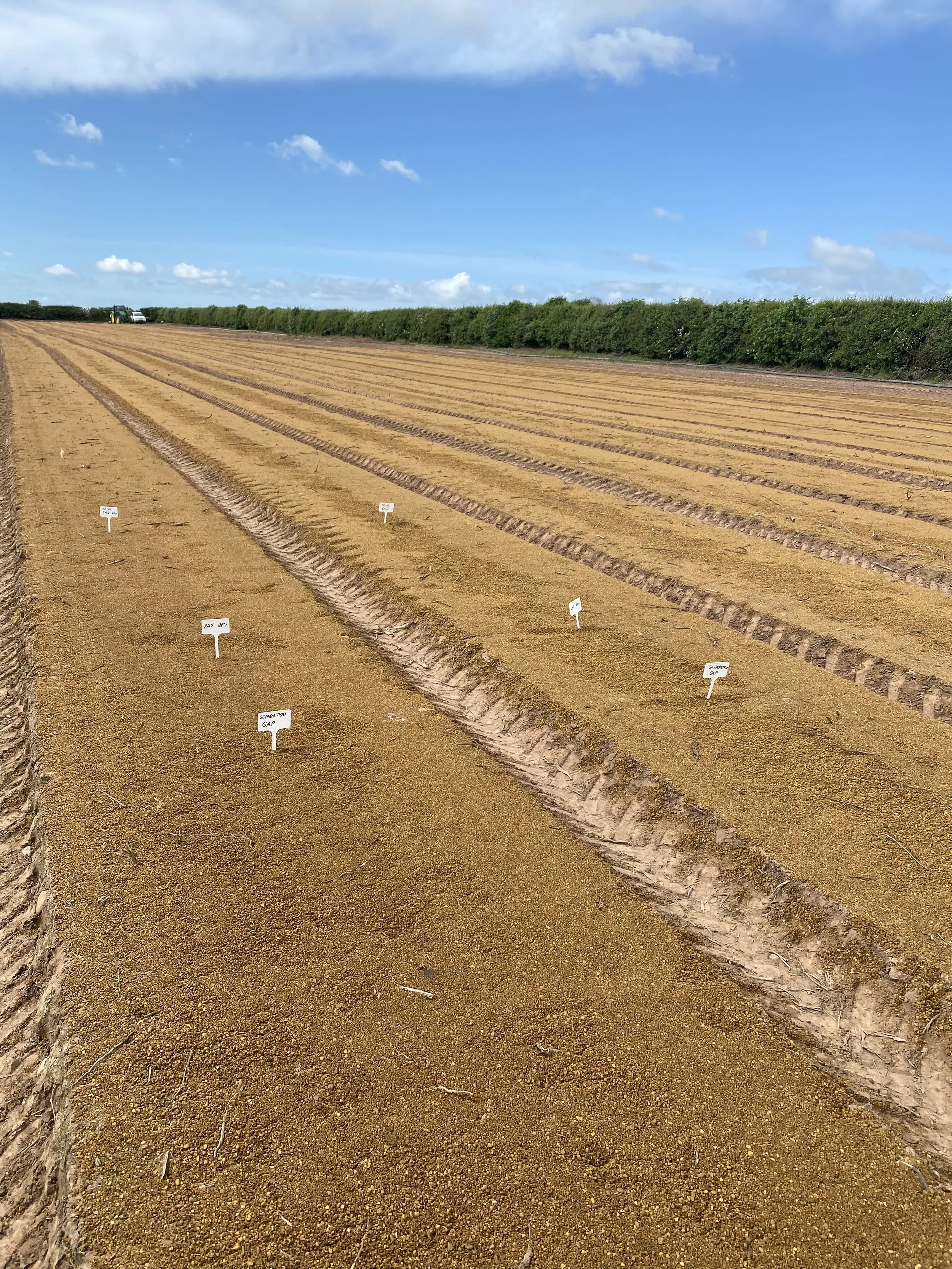Our Story
We're growing fungal networks to help reforest our planet
Every year, billions of trees are planted, yet many struggle to survive in soils stripped of vital mycorrhizal networks by centuries of farming and clear-felling. We’re here to change that.
At Rhizocore, we harness the transformative power of mycorrhizal fungi to help trees thrive: boosting growth, reducing losses, restoring biodiversity, and enhancing carbon capture.
Our vision is simple: regenerate what’s been lost. Because a world with more trees is a world better for us all.
Our planet is losing its trees faster than ever before.
Rejuvenating our soils
Environment is everything for a new tree. Soil type consideration and the localisation of species are essential in supporting saplings to adapt to their new home. We harness the power of locally-adapted fungi by growing pellets that are bespoke to every site, ensuring the most suitable, nourishing conditions enabling trees to survive for centuries to come.
And when the odds of a tree’s survival are greater? Reforestation success improves and we put down the roots needed to grow a healthier planet.
Biodiversity matters
Up to 15 billion trees are cut down every year across the globe. And while trees are replanted; losses of 50% have become more frequent during the past decade due to extreme weather events. The world cannot keep up with this loss of biodiversity.
When young saplings do not get the essential nutrients from underground fungal networks, mortality rates soar, they become susceptible to drought and soil-borne diseases, and with unsuitable soil conditions, growth rates plummet. And yet, there is a simple, overlooked solution: fungi.



